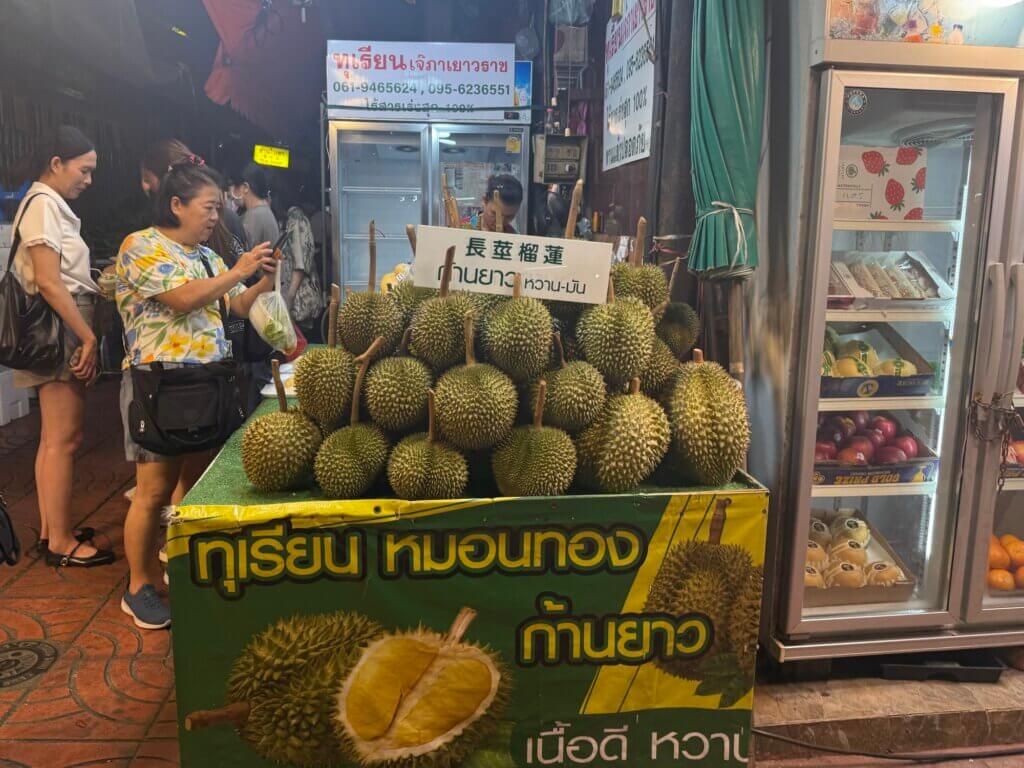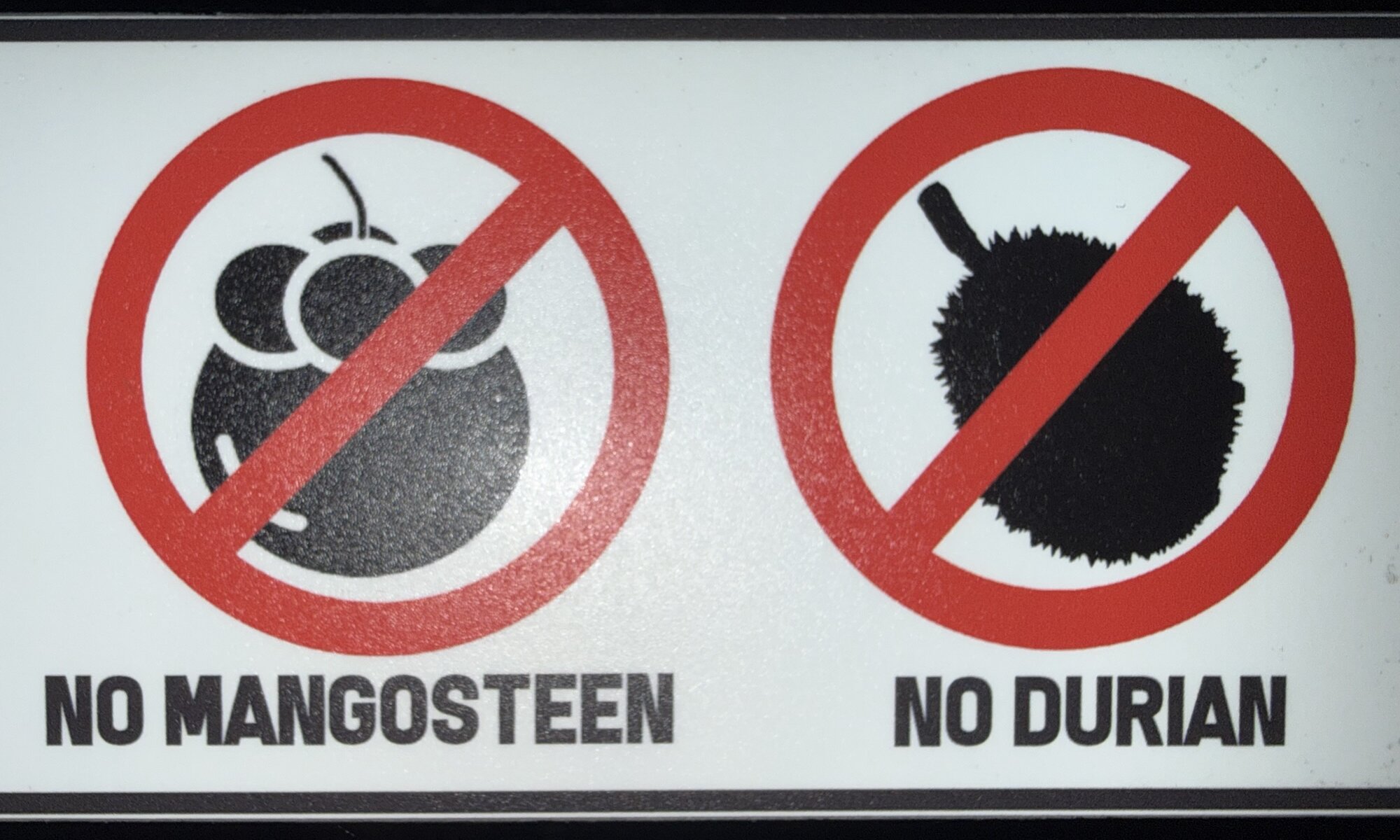Mangosteen and Durian are two iconic tropical fruits widely enjoyed in Thailand, yet they are often prohibited in many hotels and on public transport across the country. This restriction primarily stems from their strong fragrances, which, although beloved by many locals and visitors, are considered overpowering or unpleasant by others. Hotels and public service operators impose these bans to maintain a neutral, fresh environment for all guests and passengers, as the intense scents can linger for long periods and cause discomfort.
Mangosteen is a small, round fruit encased in a thick, purple rind that resembles a miniature rugby ball. The interior reveals juicy, segmented white flesh, akin to a peeled tangerine, which is both tender and fragrant. Its taste is a delicate balance of sweet and slightly tart, often described as a mix between peach and pineapple. Despite its enticing flavour, mangosteen is less frequently banned compared to Durian; however, some places restrict it due to the residue it can leave, which might attract insects or create sticky messes that are difficult to clean.

Durian, in stark contrast, is notorious for its large size and formidable appearance, covered with a tough, spiky shell that demands careful handling. The flesh inside is soft, creamy, and custard-like, often yellow or golden in colour. Its taste is rich and sweet, with hints of almond and caramel, but the overpowering aroma – sometimes likened to rotten onions, gas, or even sewage – is what causes the most controversy. The pungent smell permeates the air for hours, and this is the chief reason durian is banned in most hotels and on public transport. The scent can be overwhelmingly offensive to many, especially those unfamiliar with or sensitive to it.
Ultimately, the prohibitions against bringing mangosteen and durian into certain enclosed spaces in Thailand reflect a balance between cultural appreciation and public comfort. While these fruits are treasured for their unique tastes and hold cultural significance, their intense smells and potential to disturb others’ enjoyment mean they are often left outside hotels and transit areas. This helps maintain a welcoming atmosphere for all guests and passengers, whether or not they share the locals’ fondness for these tropical delicacies.
กรุงเทพฯ
Thailand
Loading map...


